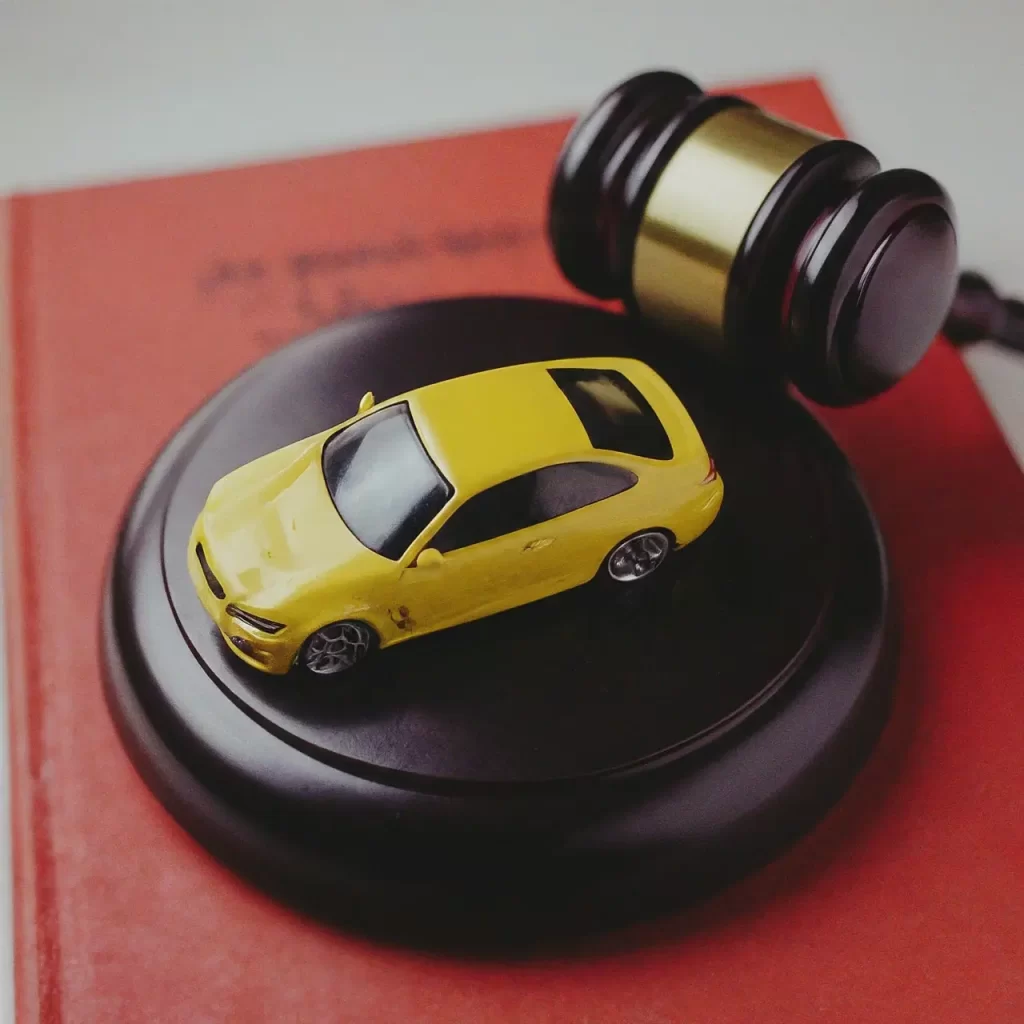In New Jersey, driving under the influence (DUI) is not just a minor traffic infraction—it’s a serious charge that can have far-reaching implications. From understanding the basics of DUI charges to navigating the legal landscape and facing potential penalties, this guide provides comprehensive insights and dui legal advice to help you through the process.
Understanding DUI Charges in New Jersey
In the state of New Jersey, a DUI charge can arise not just from drinking and driving but also from operating a vehicle under the influence of any impairing substance. The legal Blood Alcohol Concentration (BAC) limit is 0.08%, but even lower levels can result in charges if impairment is evident.
It’s crucial to understand that New Jersey doesn’t differentiate between DUI and DWI (driving while intoxicated); the terms are used interchangeably. The law takes these charges seriously, applying strict penalties to both first-time and repeat offenders.
Field Sobriety Tests (FSTs) and breathalyzers are common methods used by law enforcement to assess impairment. Refusal to submit to a breathalyzer test can lead to additional charges and penalties under New Jersey’s Implied Consent Law.
Key Legal Advice for Facing DUI Charges
Upon facing DUI charges, contacting a qualified DUI lawyer should be your top priority. Legal representation is critically important to navigate the complexities of DUI law and to advocate on your behalf.
Understanding your rights is essential. You have the right to remain silent, the right to an attorney, and the right to challenge the charges against you. A skilled attorney can assess your case, identify potential defenses, and work towards minimizing potential penalties.
Penalties and Consequences of DUI Convictions
Penalties for a DUI conviction in New Jersey vary based on factors such as BAC level, prior offenses, and whether any aggravating circumstances were present. Consequences can include fines, license suspension, mandatory DUI education programs, and even imprisonment.
For first-time offenders, penalties may be at the lower end but can still include significant fines and a license suspension of up to 12 months. Repeat offenders face increasingly severe penalties, including longer license suspension periods, larger fines, and mandatory jail time.
Beyond legal penalties, a DUI conviction can have long-term impacts on your life, including higher insurance rates, employment difficulties, and a permanent mark on your driving record.
Steps to Take Following a DUI Arrest
If you’re arrested for a DUI, it is crucial to take immediate steps to protect yourself. Begin by documenting everything you remember about your arrest and contact a DUI attorney as soon as possible.
Follow your attorney’s advice closely, including whether to challenge the processing of your case or the accuracy of BAC testing equipment. Your attorney will guide you through the legal process, from arraignments to potential trials.
Engage with a DUI educational program if recommended by your attorney, even before your trial. Showing that you’re taking proactive steps towards rehabilitation can positively impact your case.
Facing a DUI in New Jersey can be a daunting experience, but armed with the right information and dui legal advice, you can navigate this challenging situation. Remember, the best defense starts with understanding your rights and the laws that apply to your case.


